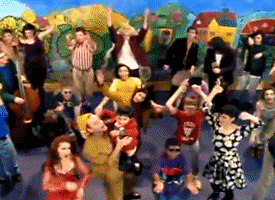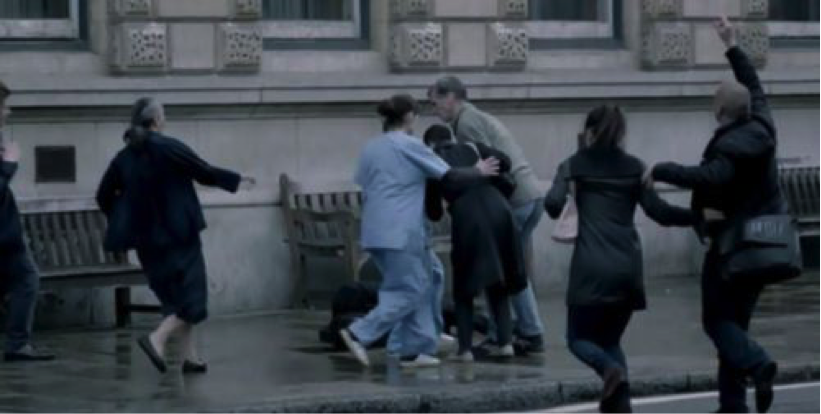Here, in America, we believe it is our right to be happy. We believe that if we work hard enough, push hard enough, smile broadly enough, happiness will come to us. And we believe that is right and true and good. For every person who is struggling with cancer, there are 10 people to tell them to ‘think positively’, to be a proud warrior, to focus on gratitude. If we speak to a neighbor, or a friend we don’t know all that well, and we ask them “ how are you ” we are truly aghast at their temerity if they dare to answer in the negative. “Not so good” is not a choice.

We are failures if we cry. We are failures if we bleed. We are failures if we ache so much that tears spill down our cheeks. We are not trying hard enough.
The products we select promise us nights of passion and days of sunshine. With whitest teeth and smoothest skin, we will only know 300 thread count sheets that spill under us like nets of gossamer, cradling us while we hold/are held by a perfect cooing child/delicious nubile lover, doting husband/wife. Our kitchens gleam with shiny objects and artisanal baskets, awaiting the tenderly passed down meals from recipes hand written by grandmothers from South Carolina, or even better, some impossible to pronounce province of Northern Italy. We write special notes to pack in special lunchboxes full of special lunches for special children. We clutch the wares of happiness with two hands whose white knuckles and half moons bruises from fingernails pushed into fists demand that a beam of sunlight shine down on every step we take.

But this is not the truth. This is not humanness. This is not what connects us as breathing, dreaming, fragile creatures capable of incredible acts, and unspeakable deeds.
In my work, I talk to people. They tell me happy things. They tell me of pretty houses, golden children, funny dogs, and maybe of special tulips they like to grow. They present me with a pastry tray of prettiness for me to gasp my admiration over, and to perhaps wish silently for a life equally pretty. And the rooms are still and the walls are white and my pen sits on the table, waiting.
And then, slowly, the pain shows up. We talk of black nights of despair, of lost children and aging mothers. We talk of hospital stays and medicine on nightstands. Dreams that died from wrong decisions and impulsive acts – closing doors forever on golden hopes. 2:00 am calls that delivered gut punches, nights when knees were the only support. And I watch hands clutch, and hearts grabbed, I watch tears trickle and small, impervious nods of recognition that signal the comradery of pain and longing. And this – this is where we connect – this is where we find each other. In the dark and lonely hallways of humanity, where we stumble like blind people, hands in front of us, hoping to find something or someone to hang onto.

Many people – clients, associates, experts – tell me we can’t learn from people in research. I am told that people lie, and that all I ever will see is some burnished mirror reflecting back pretty phrases for me to collect and assemble into candy coated fairy tales. But I disagree. I believe if we are not afraid to walk into the dark, and ask those with us to come there too, we will find those incredible human nuggets of fear and love and longing that tell us everything we need to know. Every person I have met has a story. They are tragic, heart breaking, and ultimately uplifting. And they always leave a scar – visible or not. But it is this very webbing of scar tissue, this network of pain that every human has earned over a life span, that we must harvest to create, innovate and form products and messages that solve, salve and raise us up. The work is deep and dark and hard. It breaks my heart sometimes. But the incredible treasure trove of riches it leaves me with allows the most amazing work to take place. Find these scars, and you will find your way. They are the very map of human experience.



